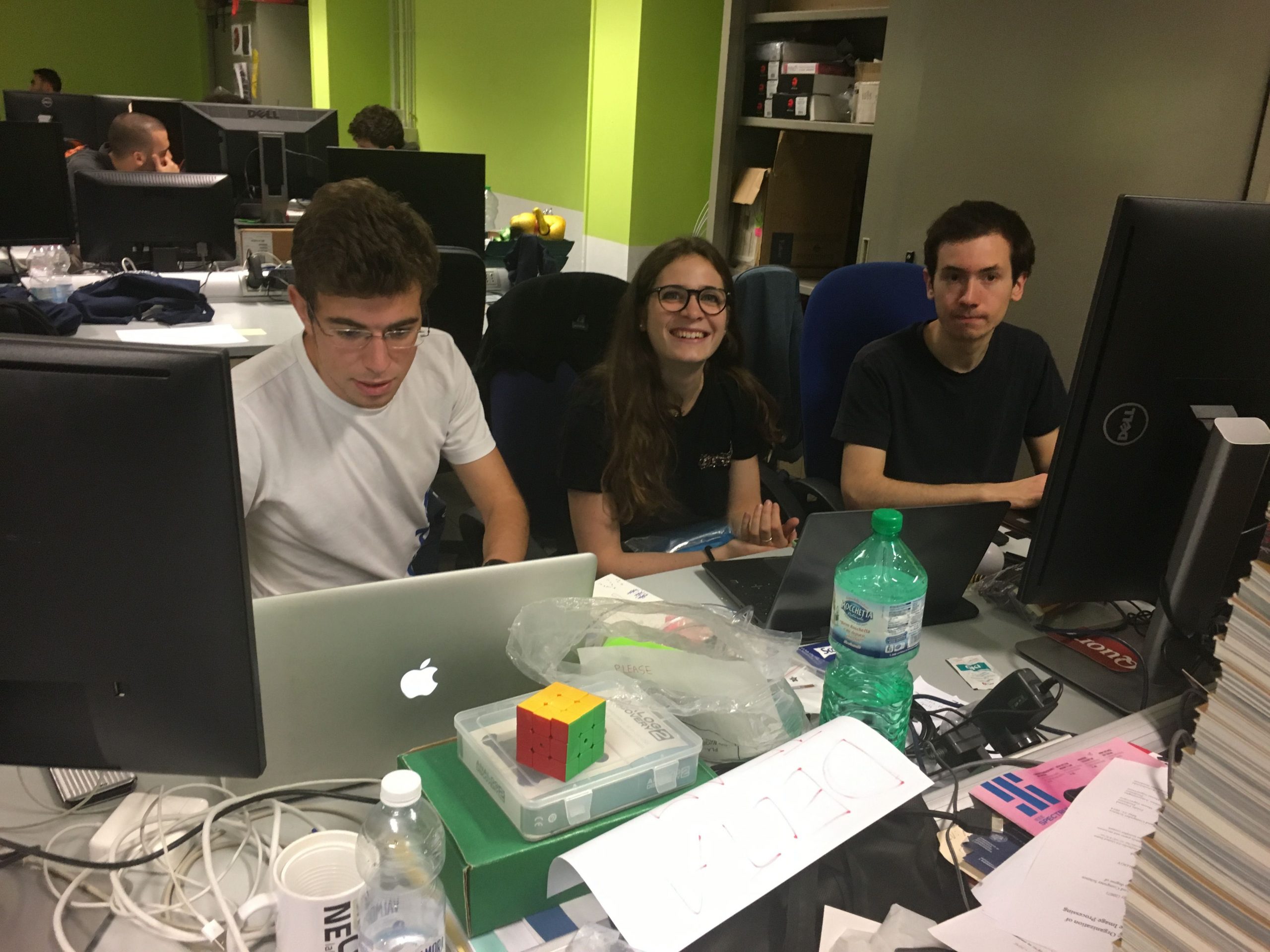What shall I study during my bachelor?
What are the subjects in the bachelor's degree in computer engineering?
The bachelor’s degree in computer engineering is, first and foremost, an engineering course of study: in fact, we are within the School of Industrial and Information Engineering. Being an engineer means having a strongly multidisciplinary education. Thus, basic subjects, such as mathematics and physics, and engineering subjects, such as electrical engineering and mechanics, must be taken. Then there are the courses related to “Information and Communication Technologies” (ICT) in a broad sense, so electronics, automation engineering and computer networks, and finally the computer science part, with its typical subjects such as programming, operating systems, databases, and software engineering. The student taking this route must be aware that he/she will not immediately start tackling application issues (such as the development of a video game).

How is the course of study organized?
The first year is common with all ICT-related engineering, that is, automatic, electrical, electronics and computer science engineering. This makes it possible for students to move from one to the other at the end of the first year without “paying a pledge.” From the second year, a more specific approach is taken, tackling the basic topics of computer engineering. The third year offers a specialization option, with two paths: one still oriented to computer engineering and another to telecommunications, also in view of the two corresponding master’s degrees.
Why are computer science and telecommunications in the same course of study?
For a number of years now, the two bachelor’s degrees, computer science and telecommunications, have been merged into one: the reason is easily understood by noting that there is no software application among those we use regularly that does not take advantage of the network. Where there is computing there is also a network, which led to their being merged into a single course of study.
What degree of freedom does the student have with respect to the curriculum?
The degree of freedom increases from the first to the third year, with 10 choice credits in the second year and 20 in the third year, which allow students to begin to orient themselves toward their interests, which will then find their fullest expression in the master’s degree. The weight of a course is expressed in “credits” and one credit is equivalent to approximately 25 hours of total effort on the part of a student. At the bachelor’s degree level, the minimum unit for a course is 5 credits.
How much time do you program, in this course of study
Students start programming from the first year, in progression to the third, depending also on the free credits chosen. So there is a chain that allows students to continue programming and experimenting with information technology throughout their studies. It should be emphasized, however, that ours is not a, shall we say, purely “technology/practical” course of study. A student stays with us for at least three years or perhaps often five if he/she also does a master’s degree. Five years is a very long time in the world of computer science, which can cause certain technologies (e.g., programming languages) to change significantly. So the goal is not to learn technology XX or programming language YY that will be used tomorrow on the job, because… you don’t know what they will be. Add to that the fact that having finished college at twenty-three, twenty-four years old, the recent graduate still has at least forty years of working life ahead of him. What will computing be in forty years? What was computer science forty years ago? It wasn’t even there. So it is essential for the student to learn the basics of computer science, which are those that enable him/her to master, quickly, any new technology that may arise in the future.
“Students start programming from the first year in progression to the third”

